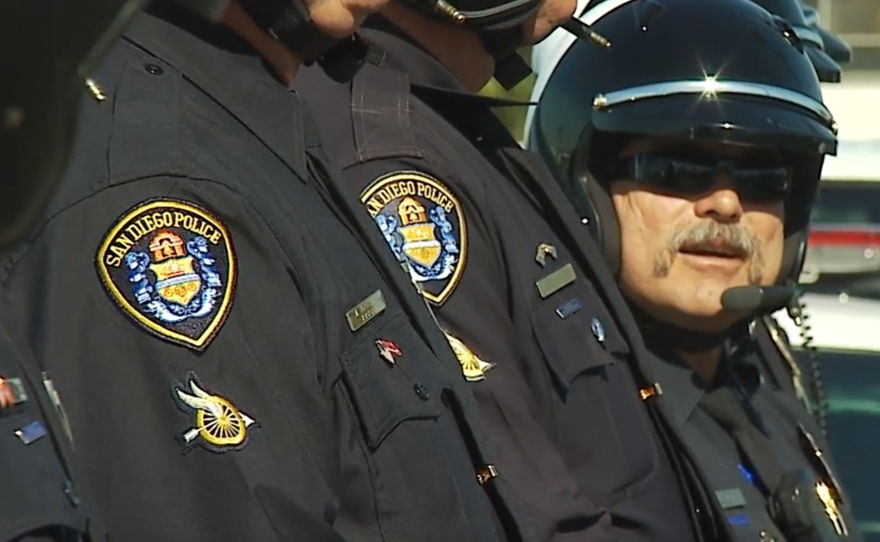After the fatal police shootings earlier this week of two African American men, Alton Sterling in Louisiana and Philando Castile in Minnesota, law enforcement's treatment of minorities is again dominating the national conversation.
More violence followed when a man opened fire on law enforcement at a Dallas protest on Thursday, killing five police officers and wounding seven others.
RELATED: San Diego Police Chief, Local Activists Respond To Dallas Police Attack
Here in San Diego, community activists say they appreciate the renewed focus on the issue. But they question how it will make a difference.
Catherine Mendonca of the group United Against Police Terror hopes the series of horrific events will bring attention to local incidents.
"This has already happened in San Diego, and I want people to focus on local lives that have been killed here," Mendonca said.
Khalid Alexander, who founded Pillars of the Community to advocate on behalf of those who've suffered injustice at the hands of law enforcement, agrees the attention can spread awareness about local relations. But he worries it won't bring about real change. Alexander said the community's concerns about racial profiling are often dismissed by the police department.
"Until we can admit that there's a problem, it's going to be very difficult to make a relationship to work past those issues," Alexander said.
The San Diego Police Department has defended its record in the past. Police Chief Shelley Zimmerman has said improving relations is a shared responsibility between residents and the police.
Alexander said media attention and discussions about racial profiling will come and go with high-profile shootings, but San Diego's communities of color — and others around the country — face the problem nearly every day.







